Western Bulk Herbs – Plantain Leaf
Plantain herb is as an astringent, anti-toxic, antimicrobial, anti-inflammatory, antihistamine, as well as demulcent, expectorant, styptic and diuretic. Plantago species have been used since prehistoric times as herbal remedies. Externally, a poultice of the leaves is useful for insect bites, poison-ivy rashes, minor sores, and boils as well as a way to pull out anything that gets under the skin such as thorns. In folklore, it is even claimed to be able to heal snakebite. Internally, it is used for coughs and bronchitis, as a tea, tincture, or syrup. It works on the kidneys as a cleaner and as a laxative. There are many varies of plantains but the most prevalent is one that grows in your front yard along with dandelions.
Latin Name:
Plantago major
Common Names:
An inconspicuous plant commonly called plantains
Parts Used:
Whole plant
Properties:
Plantain is very high in beta carotene (A) and calcium. It also provides ascorbic acid (C), and vitamin K. Among the more notable chemicals found in plantain are allantion, apigenin, aucubin, baicalein, linoleic acid, oleanolic acid, sorbitol, and tannin. Together these properties are thought to give plantain mild anti-inflammatory, antimicrobial, antihemorrhagic, and expectorant actions. It is also known as a powerful anti-toxin since it contains Allantoin. Allantoin has been proved to promote wound healing, speed up cell regeneration, and have skin-softening effects.
Traditional Uses:
Plantain has been used medicinally by Europeans for centuries. Herbals dating from the 1500’s and 1600’s are full of recipes and uses for plantain. It was considered to be almost a panacea – a cure-all, and a quick search shows that is has historically been recommended as a treatment for just about everything, up to and including dog bites, ulcers, ringworm, jaundice, epilepsy, liver obstructions, and hemorrhoids! (Quoted from Prairieland Herbs)
Properties:
Refrigerant, diuretic, deobstruent and somewhat astringent. Plantain has been used in inflammation of the skin, malignant ulcers, intermittent fever, etc., and as a vulnerary, and externally as a stimulant application to sores.
Folk Lore:
In the Highlands the Plantain is still called ‘Slan-lus,’ or plant of healing, from a firm belief in its healing virtues. Pliny goes so far as to state, ‘on high authority,’ that if ‘it be put into a pot where many pieces of flesh are boiling, it will sodden them together.’ He also says that it will cure the madness of dogs. Erasmus, in his Colloquia, tells a story of a toad, who, being bitten by a spider, was straightway freed from any poisonous effects he may have dreaded by the prompt eating of a Plantain leaf. Botanical.com
Cautions:
None at this time nor has there ever been a report of problems with plantains when used.
*Disclaimer: These statements have not been evaluated by the Food and Drug Administration. This product is not intended to diagnose, treat, cure or prevent any disease.
Resources:
PDR for Herbal Medicines, 2000. Medical Economics Company, Montvale, New Jersey.
The New Holistic Herbal. David Hoffmann, 1990. Barnes and Noble Books, New York.
A Modern Herbal, Mrs. M. Grieve, (Dover Publications, New York, 1971)
Major Herbs of Ayurvedic.Compiled by Dahur Research Foundation and Dahur Ayurvet Limited, Ghaziabad, India., 2002. Churchill Livingstone, London, England.
Chinese Herbal Medicine: Materia Medica, Third Edition, Dan Bensky and Andrew Gamble, 1986. Eastland Press, Seattle, WA.
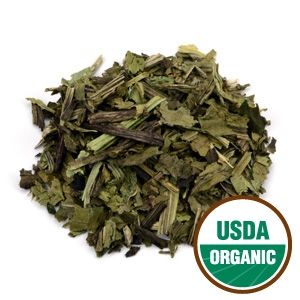
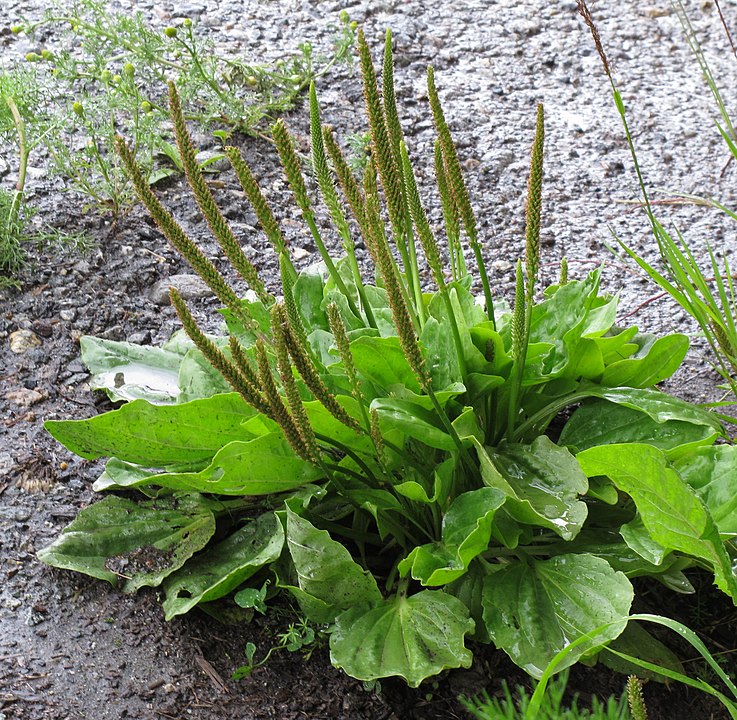

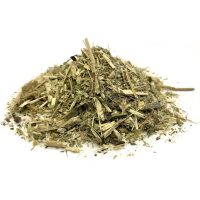
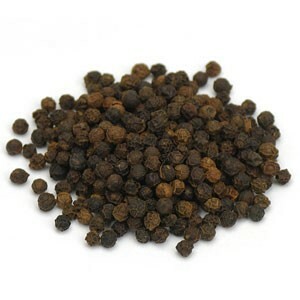
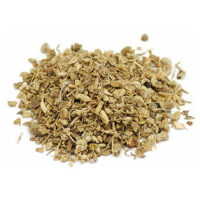
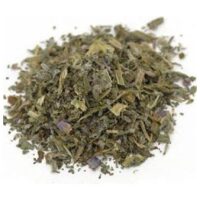
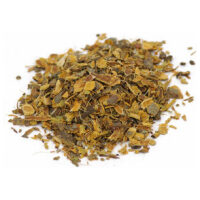
Reviews
There are no reviews yet.